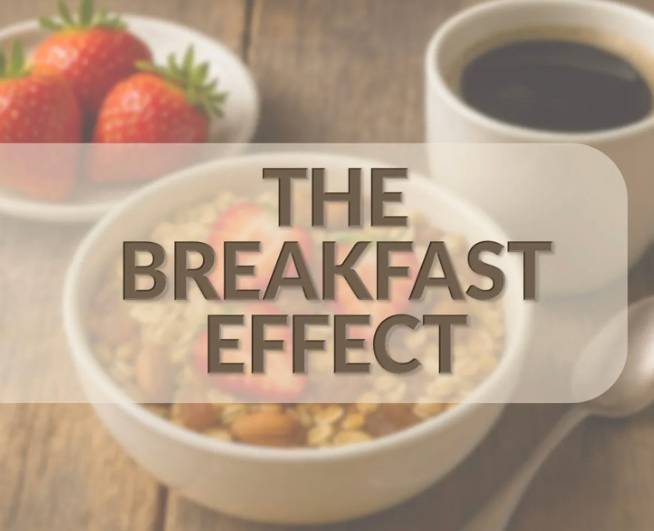Breakfast isn’t regarded as one of the most important meals in the day for no reason, it’s because of the many benefits inherent in it. As a matter of fact, just about – it could also be tied to how long you live. A recent scientific study has found that the time you choose to eat your first meal of the day may play a role in your long-term health and even your lifespan.
What the research discovered
The study, published in Nature Communications Medicine, followed nearly 3,000 adults in the UK between the ages of 42 and 94. Researchers collected health and lifestyle data from 1983 through 2017, paying close attention to eating patterns.
Over the years, they noticed a trend: as participants grew older, many tended to eat breakfast and dinner later in the day, while keeping their daily eating window shorter. But those who regularly delayed breakfast appeared to have more health challenges, including tiredness, heart-related conditions, depression, and anxiety.
Even more striking, the data showed that people who pushed their breakfast later were at a greater risk of dying during the 34-year study period. For every hour breakfast was delayed beyond 7:30 a.m., the likelihood of death rose by roughly 8 to 11 percent.
Why timing might matter
The researchers did not prove that eating breakfast late directly causes health issues—but they found a strong association. According to study author Dr. Hassan Dashti of Harvard Medical School, breakfast timing might reflect underlying health problems. For instance, someone struggling with fatigue or chronic illness may naturally delay eating in the morning.
Experts also believe breakfast timing interacts with the body’s internal clock. Nutritionist Scott Keatley explains that eating later shifts calorie intake into a period when the body is less efficient at processing sugar and burning fat. This makes it easier to store calories and harder to use them as energy. Over time, that shift could raise the risk of obesity, diabetes, heart disease, and early mortality.
Dr. Mir Ali, a bariatric surgeon in California, adds that metabolism slows down during sleep. Skipping or delaying breakfast may therefore encourage weight gain and worsen health over time.
Should you start eating earlier?
The study doesn’t claim that everyone must eat breakfast at sunrise, but it highlights an important link. Dr. Dashti says future research is needed before making strict recommendations, though noticing a sudden shift toward later mealtimes in older adults might be an early warning sign of hidden health issues.
Still, nutritionists agree that an earlier breakfast often works best. Eating in the morning aligns with natural hormonal peaks—such as cortisol, which mobilizes energy, and insulin, which helps the body handle sugar more effectively.
What’s the “best” time for breakfast?
There isn’t one exact time that works for everyone, but experts suggest having your first meal within about an hour of waking. This supports the body’s circadian rhythm, boosts metabolism, and helps regulate blood sugar throughout the day.
In other words: making time for breakfast earlier rather than later could not only set the tone for your day—it might also add years to your life.













